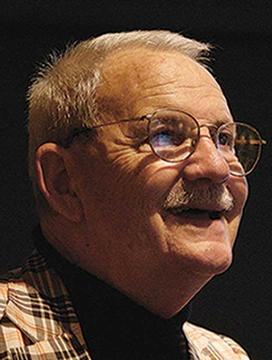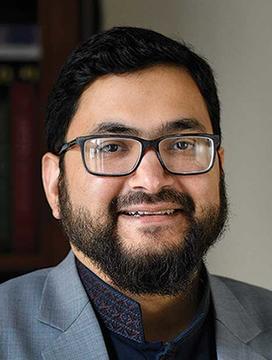In Short
President Eisgruber ’83 apologized on behalf of the University for AN INSTRUCTOR’S USE OF HUMAN REMAINS in an online course on forensic anthropology posted last fall. Janet Monge, a former visiting lecturer at Princeton and a curator at the University of Pennsylvania Museum, examined the remains of a victim of the 1985 MOVE bombing in Philadelphia, a police raid and fire that killed 11 people, including five children. The video has been removed from Coursera, an online learning site. In a statement posted April 28, Eisgruber wrote that he had “authorized a fact-finding effort, to be conducted by outside counsel, to help us gain a complete understanding of the scope and nature of Princeton’s role in the handling of the remains and related issues.”
According to The Philadelphia Inquirer, the remains were analyzed after the bombing by Alan Mann, then a professor at Penn, and kept at the Penn Museum. Mann later was on the Princeton faculty, from 2001 to 2015. The Penn Museum has pledged to return the remains to survivors in the Africa family, to whom the remains are believed to belong.
Politics professor Keith Whittington, the interim director of Princeton’s Program in Law and Public Affairs, was named to President Joe Biden’s COMMISSION ON THE SUPREME COURT OF THE UNITED STATES, established by executive order in April. The 36-member group will analyze “the principal arguments in the contemporary public debate for and against Supreme Court reform,” according to a White House press release. Also named to the commission were alumni Heather Gerken ’91, dean of Yale Law School; Rick Pildes ’79, a professor at New York University School of Law; and Bertrall Ross *03, a professor at the University of California, Berkeley, School of Law.
A new CENTER FOR GENDER AND SEXUALITY at Frist Campus Center will launch in fall 2021, maintaining current services and staff from the Women*s Center and LGBT Center while allowing for expanded programming that relates to the intersections of gender and sexual identity. (According to its website, the Women*s Center “replaced its apostrophe with an asterisk to suggest that we are much more than our name implies: the Center is not just for women nor is it just about women.”) The new center “will be better able to carry out our mission to eliminate discrimination and injustice at Princeton based on sex, gender, and sexual identity,” said LaTanya Buck, dean for diversity and inclusion in the Office of the Vice President for Campus Life, in a University release.













2 Responses
Jim Merod ’64
4 Years AgoOne for the Ages
Bob Hollander ’55 (In Memoriam, June issue) was a powerfully lucid teacher, a glorious man who brought the whole of his passionate sophistication to bear on mentorship and on translating Dante’s Comedia. I was a student in R.P. Blackmur’s seminar on Dante, Montaigne, and Pascal in the fall of 1962 when Bob joined that intellectual adventure. He was a new instructor.
We became friends who, afterward, revisited those amazing seminars with wine or scotch. He regaled me with stories of his enormous good luck meeting his brilliant, beautiful wife, Jean, walking across the Campidoglio in Rome; expressing his zeal (not unlike mine) for Miles Davis and Cannonball Adderley; and celebrating the endless intrigue of Dante’s universe. I doubt Princeton ever had such a profoundly learned professor so deeply engaged with the whole of campus life and the well-being of its students. Bob Hollander was one for the ages. His impact — luminous, unique, and affable — may never be equaled.
Paul Scholle ’82
4 Years AgoCultivating a Love of Dante
In the early 2000s, I took my young family to visit Princeton. On a campus tour, I saw Professor Robert Hollander ’55 walking toward East Pyne. Telling my wife that I would rejoin the tour in a minute, I jogged over to speak with him.
When I told him who I was, he said that he remembered me, which I thought theoretically possible but highly improbable. I was not a scholastic standout and, in 20 years, had spoken with him only a few times at Dante reunions. At the same time, I knew him to be a person of integrity who, as a lifelong student of the Divine Comedy, knew very well where flattery will get you. Hesitant to flatter myself that this great man actually remembered me, I chalked it up to his generosity and humility.
Princeton has always had many great teachers and scholars. Professor Hollander was among the very best. He cultivated a lifelong love of Dante in his students. But he gave us much more than just an introduction to great poetry. By his example, he taught us to live as if truth, beauty, and integrity were as vital as food, water, and air.
I have often thought of writing Professor Hollander to tell him how much he had enriched my life. In the most recent edition of PAW (In Memoriam, June issue), I sadly discovered that I was too late. May God grant him peace and his family consolation.